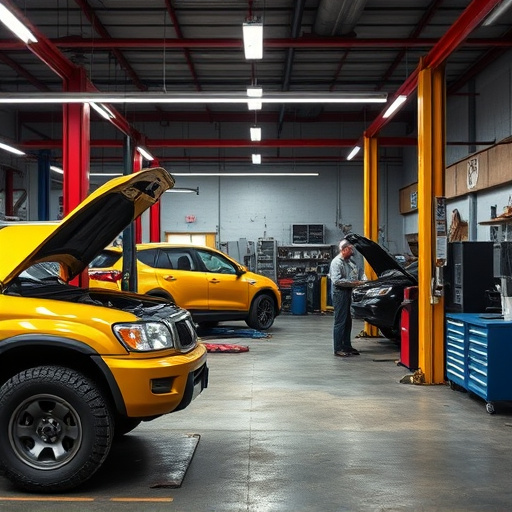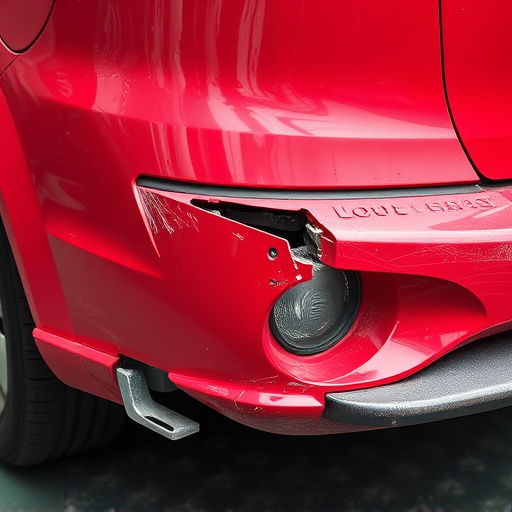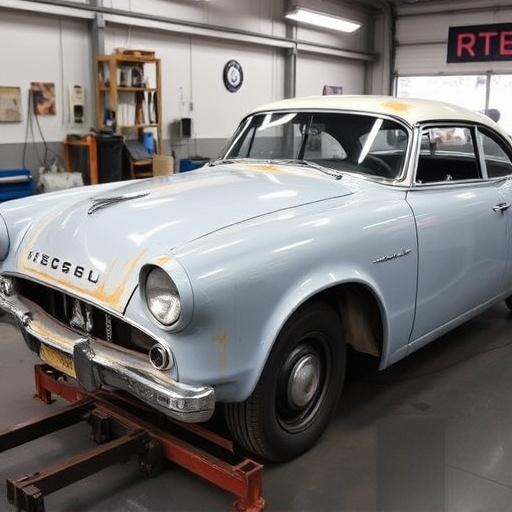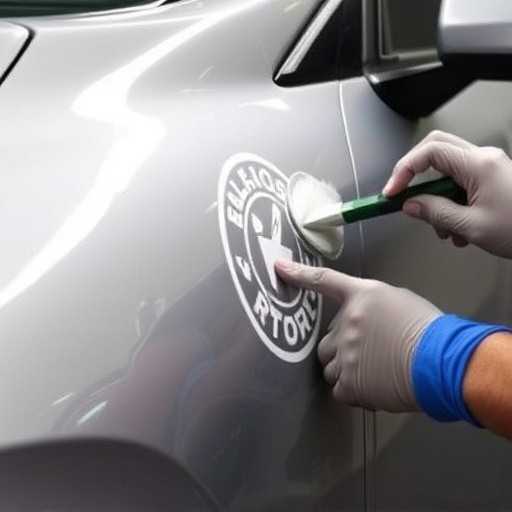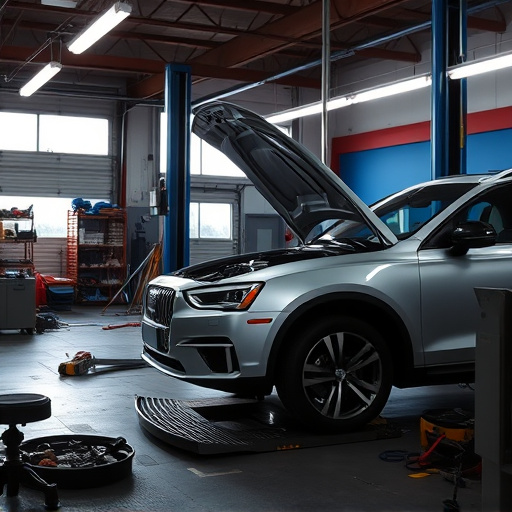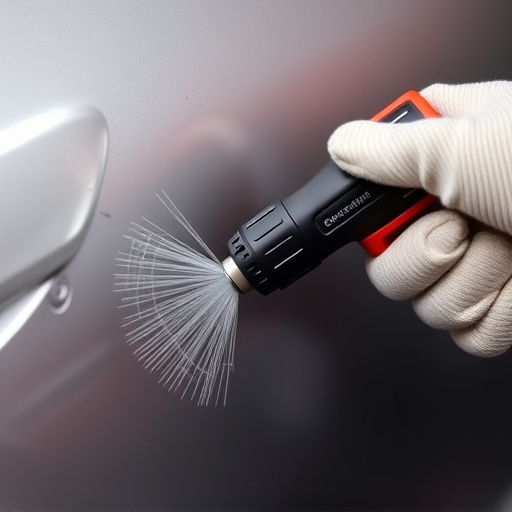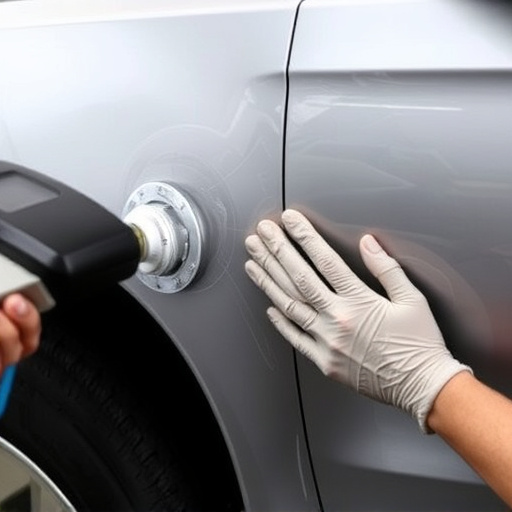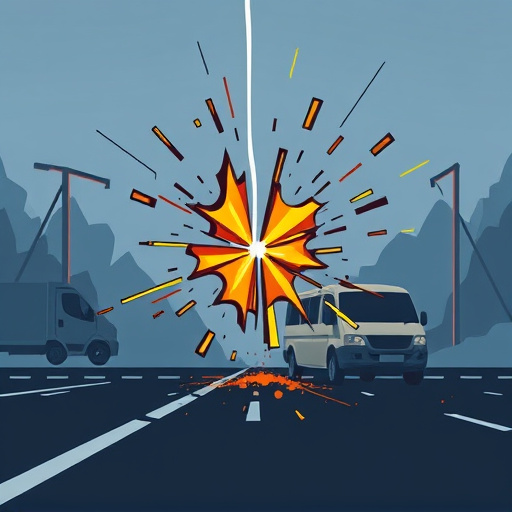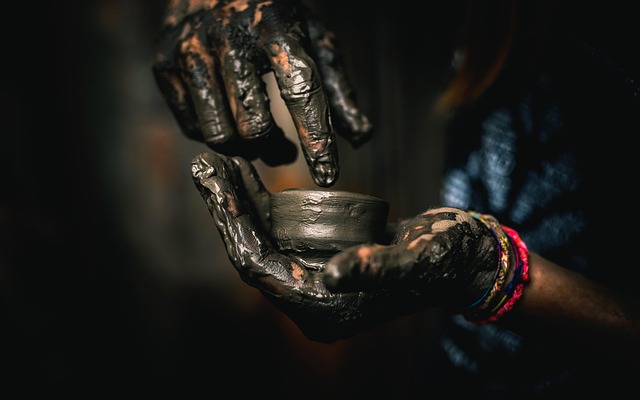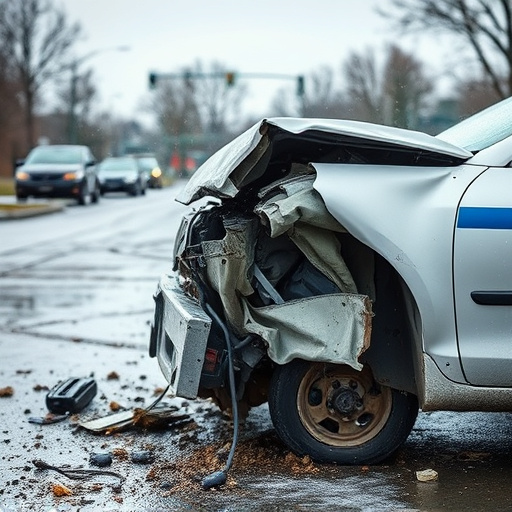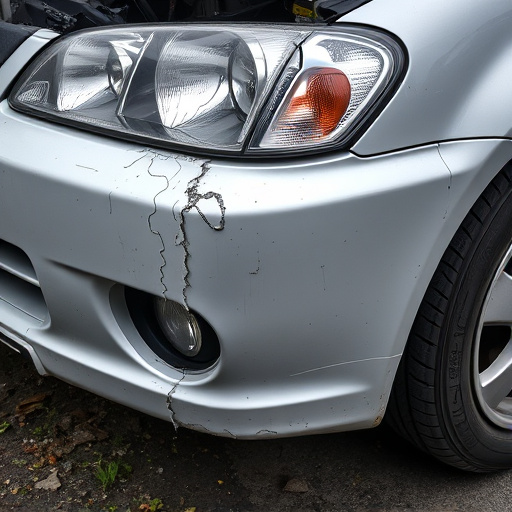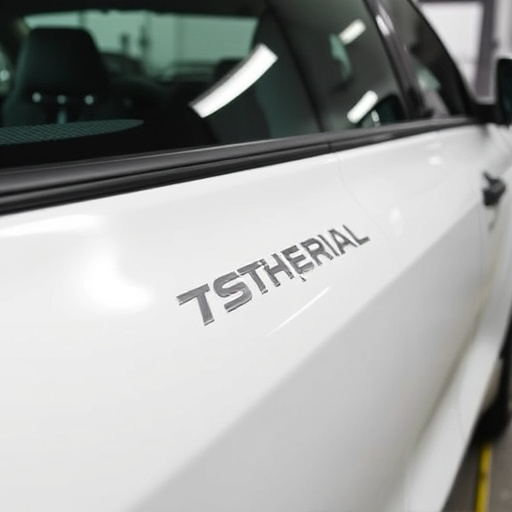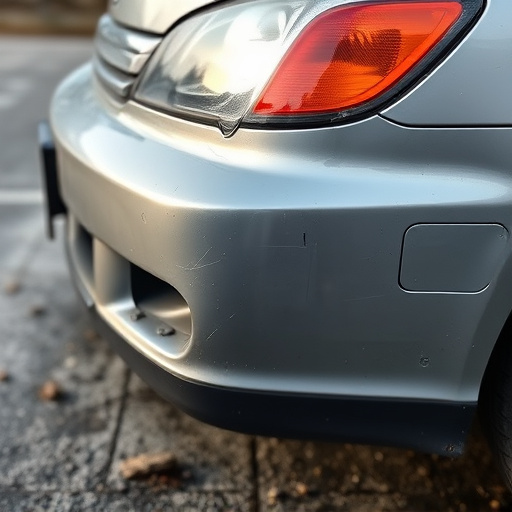After a crash, assessing and mitigating cooling system accident damage is crucial to prevent further engine damage. Inspect for leaks, cracks, and functionality of cooling components. Seek professional body shop services for diagnosis and repair, ensuring safety and minimizing costly repairs. Regular maintenance through overhauls also prevents accidents and enhances road safety.
After a crash, preventing cooling system accident damage is paramount. A thorough assessment of the cooling system’s integrity is crucial to identifying potential leaks or malfunctions. Implement rapid coolant loss mitigation strategies to stem any immediate issues. Schedule prompt professional overhead to ensure a complete overhaul, minimizing the risk of further damage or costly repairs. Protect your vehicle and wallet by taking these proactive steps post-crash.
- Assess Cooling System Integrity Post-Crash
- Implement Rapid Coolant Loss Mitigation
- Schedule Prompt Professional Overhaul
Assess Cooling System Integrity Post-Crash

After a crash, assessing the integrity of your vehicle’s cooling system is crucial to prevent further damage. The first step involves inspecting visible signs of damage or leaks from the engine compartment, checking for any cracks in hoses, radiators, and coolant reservoirs. This visual assessment can help identify potential risks before restarting the vehicle.
A comprehensive examination should also include verifying the functionality of the cooling fan, thermostats, and water pumps, as these components play a vital role in maintaining optimal engine temperature. Many auto collision centers offer specialized body shop services tailored to diagnose and address any issues with the cooling system, ensuring your vehicle is safe to operate post-crash.
Implement Rapid Coolant Loss Mitigation
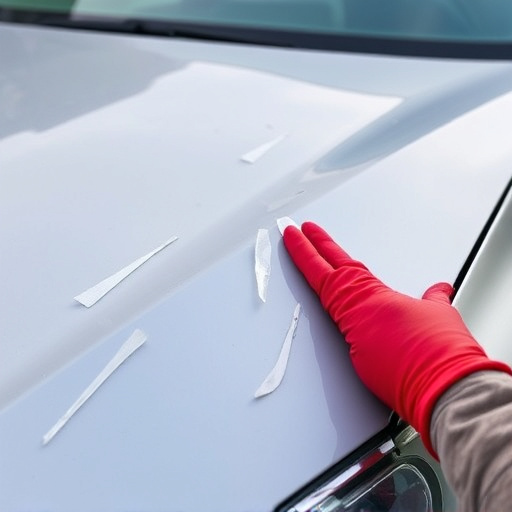
After a crash, one of the most critical steps to prevent cooling system accident damage is to implement rapid coolant loss mitigation. This means taking immediate action to minimize the loss of coolant, which can lead to overheating and further vehicle damage. At a car repair shop or automotive body work facility, trained technicians should quickly assess the situation, replace any leaking fluids, and top off the coolant levels to ensure the system operates smoothly post-accident.
By promptly addressing coolant issues, an automotive body shop can reduce the risk of severe cooling system failures that could cause additional auto repair needs. This proactive measure not only protects the vehicle’s engine but also helps drivers avoid dangerous situations on the road, ensuring a safer experience following a crash.
Schedule Prompt Professional Overhaul

After a crash, it’s crucial to address potential cooling system accident damage promptly. Neglecting this critical system can lead to severe and costly consequences during or after vehicle repair. A comprehensive inspection by professionals is essential to identify any leaks, dents, or debris that might have affected the radiators, fans, and other components.
Regular maintenance through scheduled overhauls plays a vital role in preventing such accidents. Car damage repair experts recommend periodic checks to ensure optimal performance. This proactive approach not only saves you from costly repairs but also keeps your vehicle safe while on the road, as auto body shops often emphasize.
Preventing cooling system accident damage is paramount for ensuring vehicle safety and longevity post-crash. By swiftly assessing the integrity of the cooling system, implementing rapid coolant loss mitigation strategies, and scheduling prompt professional overhauls, you can significantly minimize potential harm and maintain optimal engine performance. Remember, quick action is key in mitigating the risks associated with cooling system accidents.
